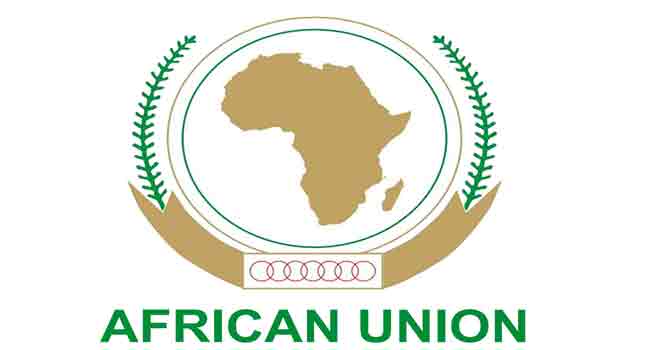
Efforts to improve the safeguarding of civilians in conflict-prone regions have been stepped up by the African Union in partnership with the National Defence College.
This initiative is closely linked to the United Nations Security Council’s Resolution 2070 of 2012, which underscores the importance of protecting civilians in conflict-affected areas.
During the official launch of the AU Harmonised Capacity Building Standard for the Protection of Civilians in Peace Support Operations in Abuja on Monday, the Commissioner for Political Affairs, Peace and Security at the African Union Commission, Bankole Adeoye, highlighted the AU’s historical focus on civilian protection dating back to 1999.
In his remarks, he mentioned that the concept of protecting civilians was initiated by the AU in response to events in Sierra Leone and formally introduced in October 1999, aligning with the UN’s efforts.
He elaborated, stating, “Since then, substantial progress has been made. The AU recognized the importance of protecting civilians during peace enforcement missions but lacked explicit mechanisms to guide these efforts.
“The tripartite collaboration involving the AU, EU, and UN aims to enhance the African Union Commission’s capacity to ensure that its peace support operations continent-wide possess the necessary capacity and capability to fulfill their mandates in compliance with relevant international and regional legal frameworks.“
Adeoye assured that the AU would support the NDC in integrating civilian protection as a core element in the training curriculum for military personnel across Africa, among other interventions.
The NDC Commandant, Olumuyiwa Olotu, emphasized the AU’s commitment to ensuring civilian safety amidst ongoing conflicts in Africa.
He encouraged participants to seize the opportunity to deepen their expertise and reiterated the college’s dedication to cultivating proficient peacekeepers for a more secure future in Africa.
He emphasized, “It is important to note that protecting civilians is not just a humanitarian duty; it is a fundamental principle of international law. The UN Security Council has consistently stressed the significance of safeguarding civilian populations during conflicts. However, the application of these principles often encounters notable hurdles.“
He raised concerns about the difficulty in distinguishing combatants from civilians, citing challenges such as the rise of non-state actors, proliferation of small arms, and increased use of Improvised Explosive Devices, leading to a rise in civilian casualties.
He underscored the college’s role as the central institution for military education and research in Nigeria, committed to promoting a culture of excellence, cooperation, and scholarly examination of issues impacting the continent.
